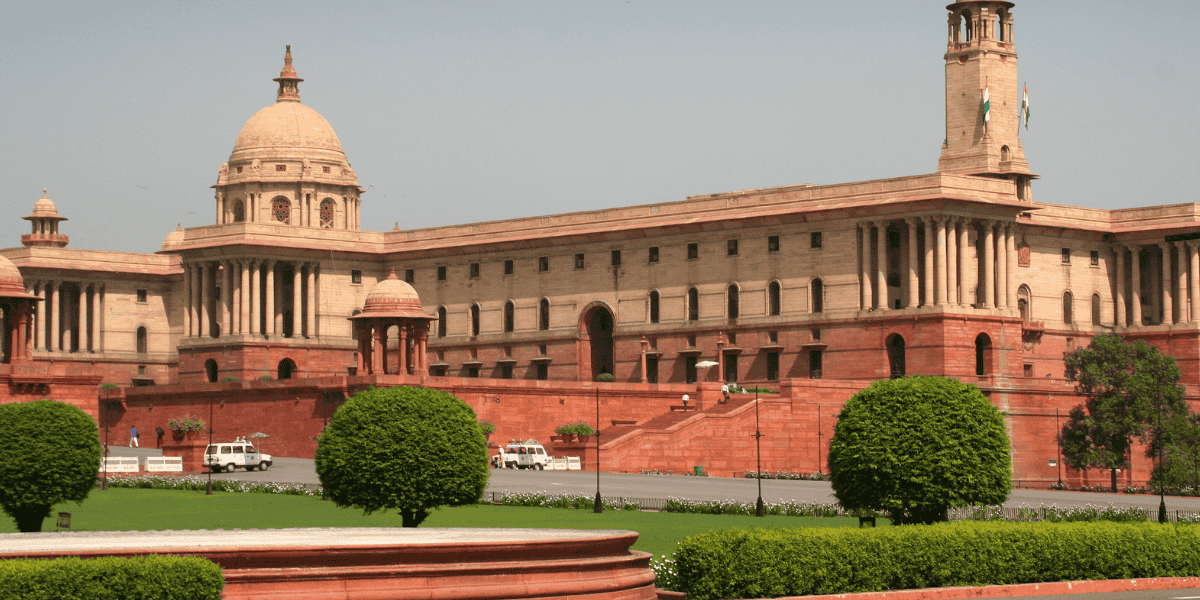On 19 April 2023, the Indian Supreme Court published a decision on whether High Courts should hear appeals challenging the findings of the Income Tax Appellate Tribunal on transfer pricing issues. The judgment pertains to cases where appeals challenging the Tribunal’s rulings on transfer pricing matters were dismissed by different High Courts. These dismissals were based on the premise that the Tribunal’s decisions constituted factual issues, and as per Section 260A of the Income Tax Act, only substantial legal questions can be appealed before the High Courts. The Supreme Court’s verdict concluded that appeals on transfer pricing matters may raise significant legal questions, and hence, the High Courts should adjudicate on such appeals challenging the Tribunal’s rulings.
The Supreme Court ruled that there cannot be a universal legal proposition that the Tribunal’s determination of arm’s length price is conclusive and beyond the purview of High Court scrutiny under Section 260A of the Income Tax Act. When appeals challenging arm’s length price determination are presented before the High Courts, they have the discretion to review and evaluate whether the determination is in compliance with relevant guidelines outlined in the Income Tax Act and the Income Tax Rules. The High Court’s hold the power to review the comparability of two companies or the selection of filters and assess whether they were made with prudence and based on relevant material and evidence. They can also investigate whether comparable transactions were accurately taken into account, to the extent that non-comparable transactions were treated as comparable. Thus, the notion that the Tribunal’s determination of arm’s length price is conclusive and not open to High Court scrutiny under Section 260A of the Income Tax Act is unacceptable based on transfer pricing matters’ precedents.
















